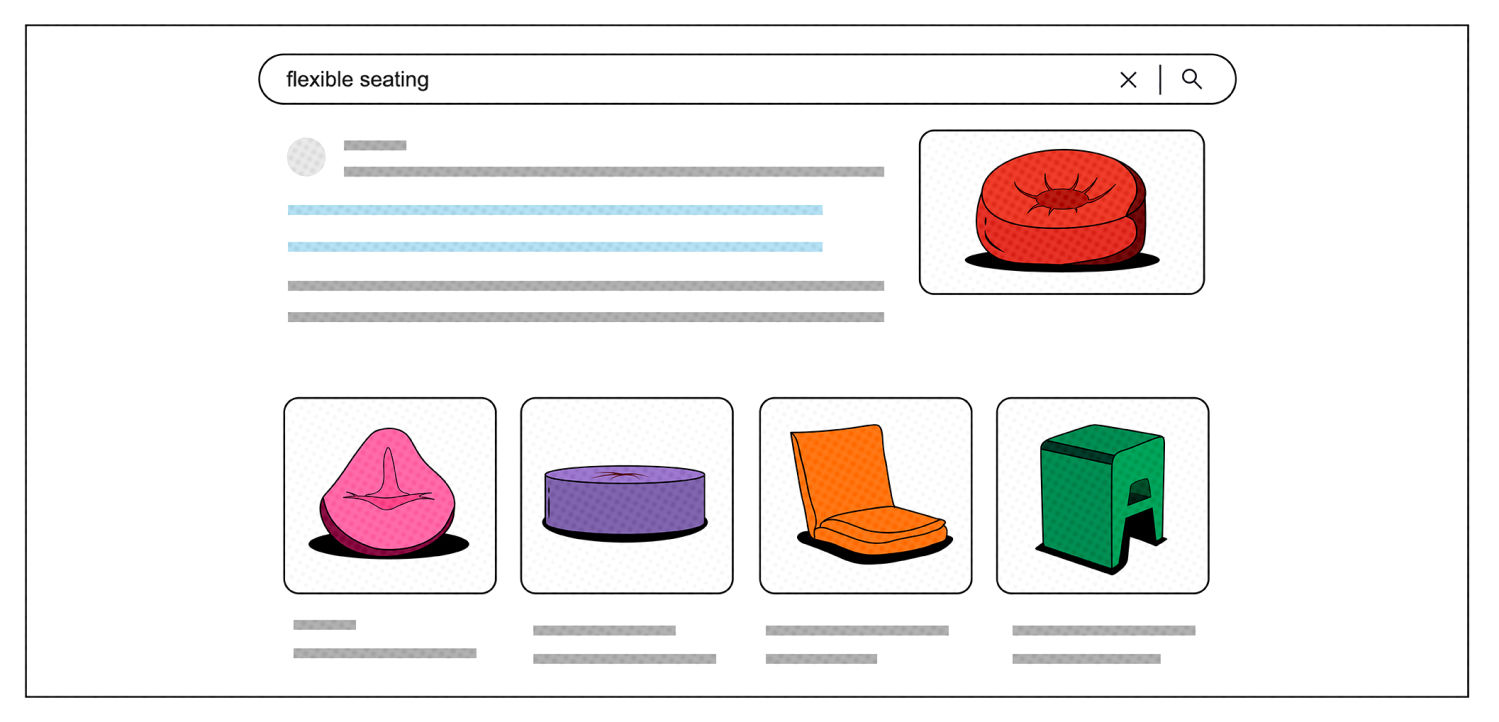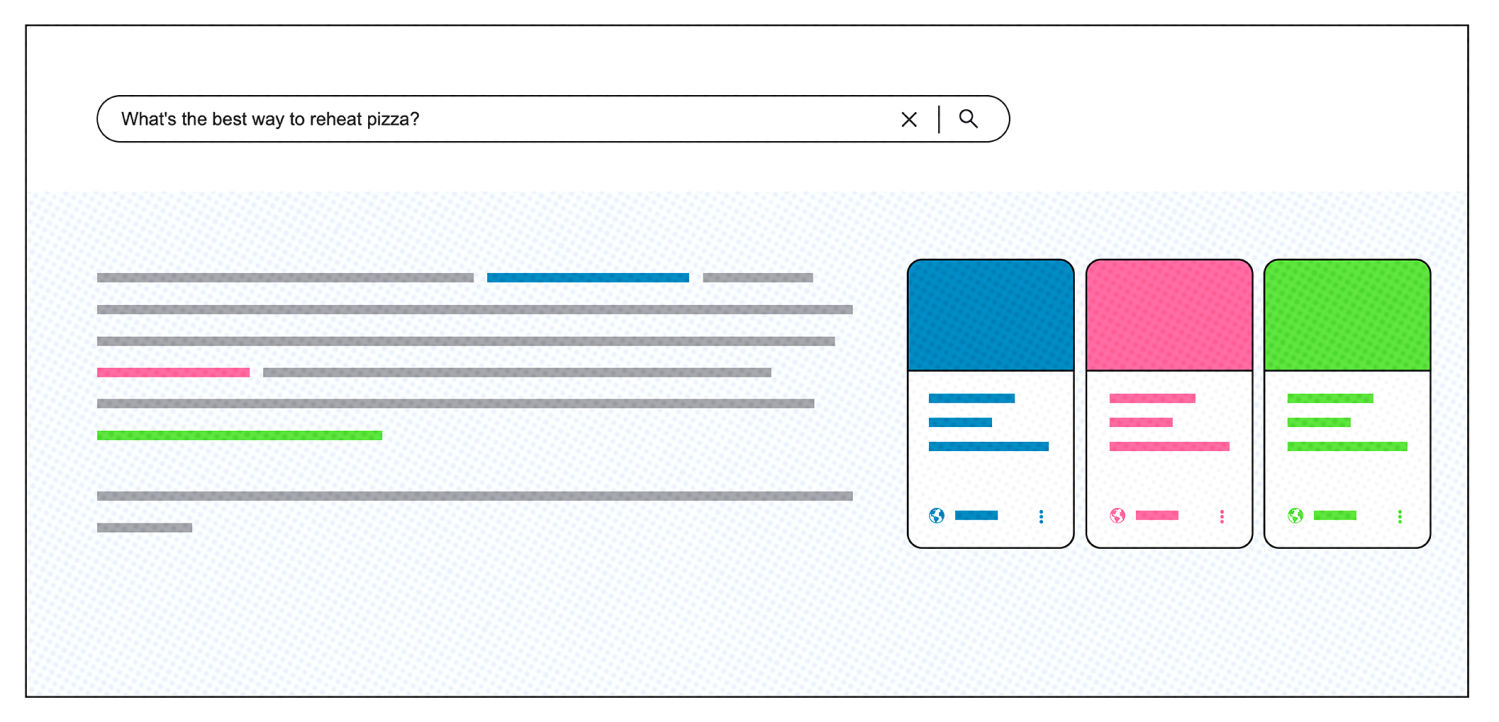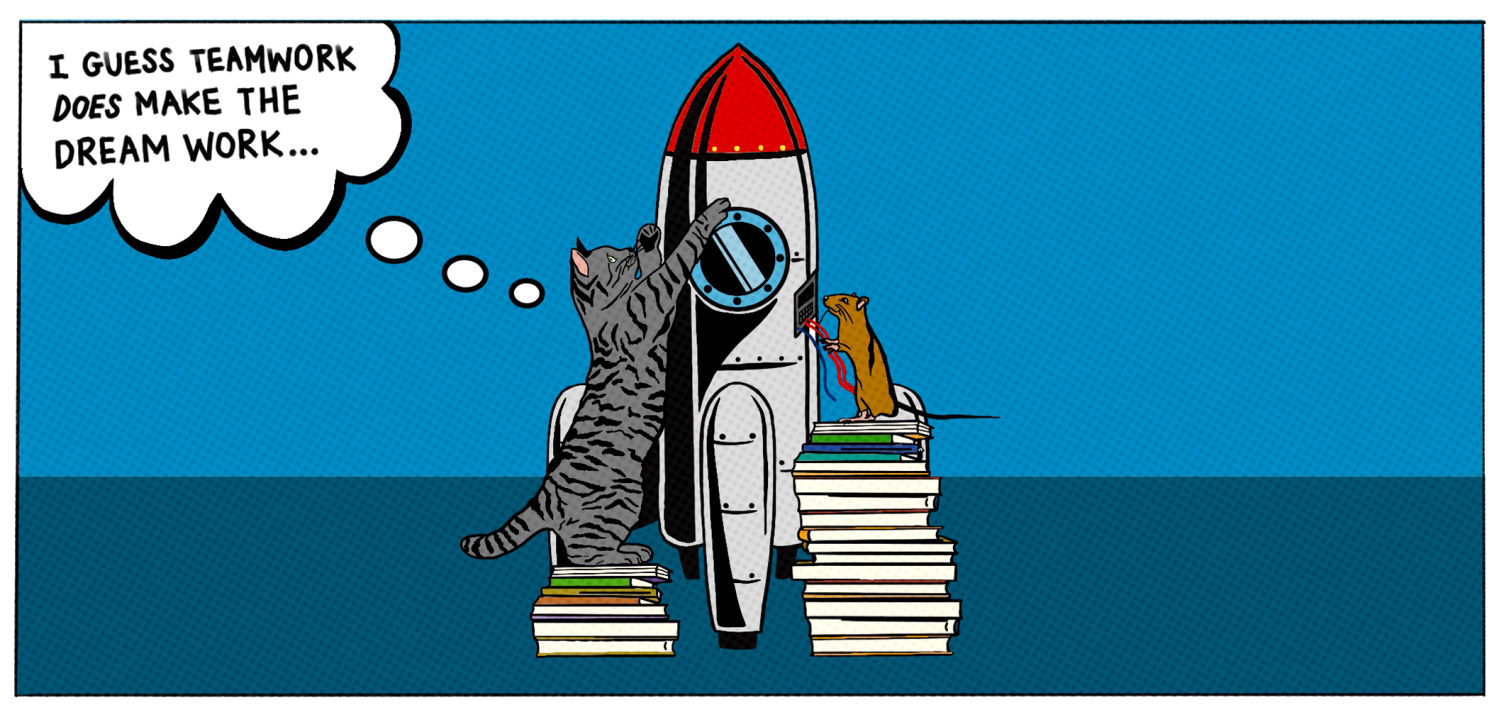
AI and SEO: mortal enemies or dynamic duo?
The only constant in search is change, and AI is just the latest. Here’s how to prepare for the future of SEO.
Among the wild claims about generative AI is that it will replace search engines. Meaning that in the future, instead of searching we’ll be talking with an AI chatbot, which will provide succinct, concise answers to all our questions.
I don’t believe it for a minute. Search will change, yes, but it won’t be replaced wholesale by a bot. As long as there are lists of search results that are ranked, there will be steps you can take to improve your position in those rankings.
How AI will change SEO
How do I know all this? Years of soul-searching about search. I was hired onto my first SEO job mere weeks before a major Google Algorithm update completely changed the way marketers approached optimizing for search. Since that day 10 years ago, there have been 97 named algorithm updates. And that’s not including the many unnamed updates and tests that happen every year.
The one constant in search is that things will change. And AI is only the latest. Generative AI will transform not just the quality of content but how it is evaluated by search engine algorithms.
AI will raise the floor of content quality
Truly awful content isn’t new. Low quality content has existed since the inception of the internet, and quite possibly before. People have tried numerous ways of automating content – with varying degrees of success. Rock-bottom quality didn’t really matter if you could get users to your site – and serve them ads.
With the click of a button and little additional intervention, AI tools can crank out passable articles in mere seconds. Dozens of AI article generators have already launched and new ones pop up every day with promises of 20 articles a month for just $10. With AI, nearly anyone can ostensibly produce an article on any topic with little or no expertise. And the output will be more or less legible.
AI’s ability to easily generate unimaginable amounts of content in seconds will make it harder to stand out in a crowd. Because what was once considered table stakes won’t be enough. You’ll need to level up your content so that it stands out in an absolute flood of mediocre but actually legible articles.
Search engines will understand intent better
Ever tried to find information and the search results weren’t quite what you were looking for? Or perhaps you needed to find something but didn't know which words to use, so you tried to describe it: that one actor with the eyebrows. But that didn’t work either.
What you wanted to find is your intent. What you actually found were results — and the two didn't always match.
For example, when searching for flexible seating you may have been looking for flexible seating arrangements, the classroom equivalent to hot desks in the professional world. In which case, you’d be surprised to find that results are all about actual, bendable chairs.

With a large language model (LLM) helping interpret your question, search engines will get better at understanding your intent as they interpret your search the way another person might, rather than an algorithm. That will lead to more natural language searches. And once we see that search engines can truly understand what we’re looking for, we’ll start searching as if we were asking someone a question — rather than using the abbreviated phrases we’ve become accustomed to: foot same length Europe?
Leveraging AI for SEO success
These predictions have profound implications for the way that marketers approach optimizing for search. Some things that were best practices may soon become detrimental and other, completely new tactics may become super effective.
Here’s what you can do in a future where SEO and AI coexist, and the search market is dramatically changed.
Make better content
That may be the most obvious thing you’ll read today, but the fact is your content needs to be better than average to get noticed. We can’t ignore the flood of generative AI content. But we’ll need to work even harder to make our content better than average.
The question becomes, how? By making our stories distinctive.
What AI can’t do is call up an expert and get their opinion. AI can’t create unique experiences that underscore the theme of an article through a novel or interactive format either. In fact, generative AI is still not great for producing images, as a glut of malformed hands proves. In short, there are still things only people can do.
Focus on information gain
Information gain is a measure of how much new or novel information your content has compared with what’s already out there.
Google is testing its AI summary feature, Search Generative Experience (SGE), which provides answers to questions in the search results. Beyond the results, the new feature will also cite the sources of those results — a huge opportunity for SEOs and content marketers.

If your content has new – and credible – information, it’s more likely to be featured. You’ll have a greater chance of being included in SGE even if you don’t rank well in the organic results.
Be timely
One disadvantage of LLMs is the amount of time it takes them to collect their data sets and build models. When chatGPT launched in November of 2022, it had “limited knowledge’ of anything that happened after 2021” — a lag of nearly an entire year. The lag in real-time information has since been narrowed (for paying users), but there’s still a delay. Even as these tools get closer to real-time, they’ll never be truly fresh, because the new information needs to be ingested and integrated into the LLM model, and that takes time.
You can use this to your advantage by focusing on recent trends, like producing industry news or thought leadership. It might also mean being comfortable not having complete volume numbers for your target keywords, and using your experience and intuition over your tools.
Bonus prediction: Author rank will come back
There was a time that Google had an official ranking factor called authorship. It was killed as a ranking signal in 2014, but the elements of the idea haven’t died.
If anyone can produce relatively correct and accurate content with the press of a button in our new generative AI world, how will search engines or readers know that the article they’re reading is credible or even accurate? By bringing some form of authorship back. Content creation will need to incorporate signals that the author of the article is an expert with experience on the topic. We’re already seeing signs Google is headed in this direction. A December 2022 announcement says that experience is now a factor in Google's assessment of content, right alongside expertise. Additionally, Google has since launched a new rich snippet called ‘Profile Page’ to highlight authors.
Good content will always win

Collective imagination around generative AI continues to swirl about the possibilities. I’m excited by the opportunity, especially for SEO. The core principles of optimization still apply, but what you do in your day-to-day life might change. So go forth, pay attention to your keyword metrics, lean into your advantages, know the new AI rules, and above all – create good content.
About the author

Jeffrey Jensen
Jeffrey Jensen is a digital marketer with a broad set of skills. Working across industries, he’s helped all sizes of companies — from small shops to Fortune 500 corporations — drive growth in traffic. With experience in SEO, analytics, content marketing, and social media, he uses the best tools at hand to help his clients succeed. When he’s not running marketing campaigns, Jeff enjoys spending time with his wife and three children.



